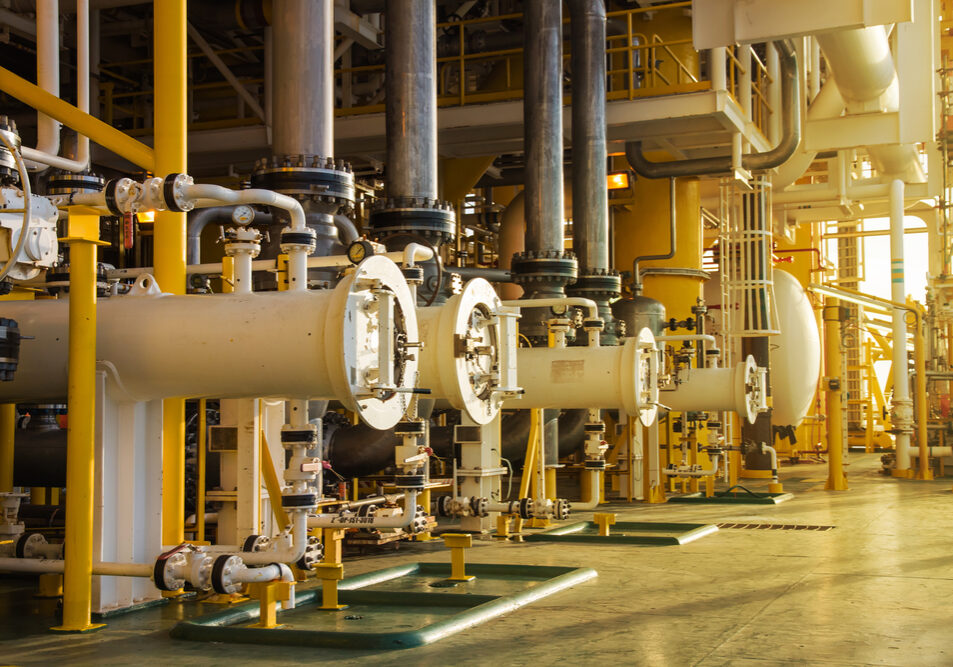Six Essential Strategies for Enhancing Equipment Reliability

Critical rotating equipment represents some of the most significant investments within any manufacturing organization. The performance and reliability of this machinery are pivotal for ensuring product quality and operational efficiency. For that reason, optimizing equipment reliability is crucial for maintaining smooth operations and minimizing disruptions.
1. Prioritize Operator Training
Investing in comprehensive operator training is paramount. Trained operators understand the operational parameters and performance standards of the equipment, enabling them to identify and rectify issues promptly. Allowing untrained personnel to operate complex machinery can lead to costly mistakes, akin to assigning a novice chef to prepare an elaborate meal. Inexperienced operators may halt production over minor issues, leading to increased downtime and maintenance costs. While initial training expenses may seem significant, the long-term benefits—reduced operational interruptions, lower maintenance costs, and enhanced safety—justify this investment.
2. Be Cautious with Cross-Training
Cross-training operators on multiple pieces of equipment has been a common practice aimed at maintaining operational continuity during absences. However, this approach can dilute the effectiveness of the training. While familiarity with one or two machines can be beneficial, attempting to cover a vast array of equipment can overwhelm operators. It is essential for operators to develop a deep understanding of their specific equipment, fostering familiarity with its optimal operating conditions and maintenance requirements. A strong operator-equipment relationship can significantly enhance overall reliability.
3. Establish Safety as a Fundamental Principle
Safety and reliability are intrinsically linked. Non-compliance with maintenance schedules, untrained operators, and negligence toward safety protocols can compromise machine dependability. If operators resort to risky shortcuts to maintain production levels, they not only jeopardize their safety but also that of their colleagues. Cultivating a safety-oriented culture is essential; it requires the commitment of every team member. Prioritizing safety will contribute to more reliable equipment performance.
4. Implement Proactive Monitoring Systems
Effective equipment monitoring is crucial for identifying operational issues early. Utilizing Statistical Process Control (SPC) enables organizations to analyze data trends, facilitating timely adjustments to improve efficiency and prevent costly repairs. Training operators in SPC analysis not only empowers them but also equips them to detect potential issues before they escalate. Enhancing communication between management and operators through data-driven insights ensures that equipment concerns are addressed proactively.
5. Utilize Comprehensive Checklists
Checklists serve as indispensable tools for operators, ensuring that equipment is operated and maintained systematically. Just as astronauts on Apollo 11 followed meticulous checklists to ensure mission success, operators should employ checklists to guide their processes. These tools outline essential steps for equipment startup, maintenance schedules, shutdown procedures, and necessary adjustments based on operational feedback. Implementing checklists enhances safety and promotes equipment reliability.
6. Embrace Cleanliness as a Performance Factor
A clean operating environment significantly contributes to the efficiency and longevity of machinery. Regular maintenance and cleanliness reduce wear and tear, enhancing overall performance. Operators should be trained not only in equipment operation but also in the importance of cleanliness. Allocating time for routine maintenance during shifts reinforces this practice. A clean machine translates to improved productivity, reduced maintenance costs, and enhanced equipment lifespan.
Always remember that enhancing equipment reliability begins with empowering operators. By equipping them with the right training and tools, organizations can protect their valuable assets and ensure smooth operations. Well-trained operators are essential for maintaining machinery and driving production efficiency, ultimately leading to increased profitability and reduced operational costs. Investing in these strategies fosters a culture of reliability and safety, paving the way for long-term success.
Share this post:



